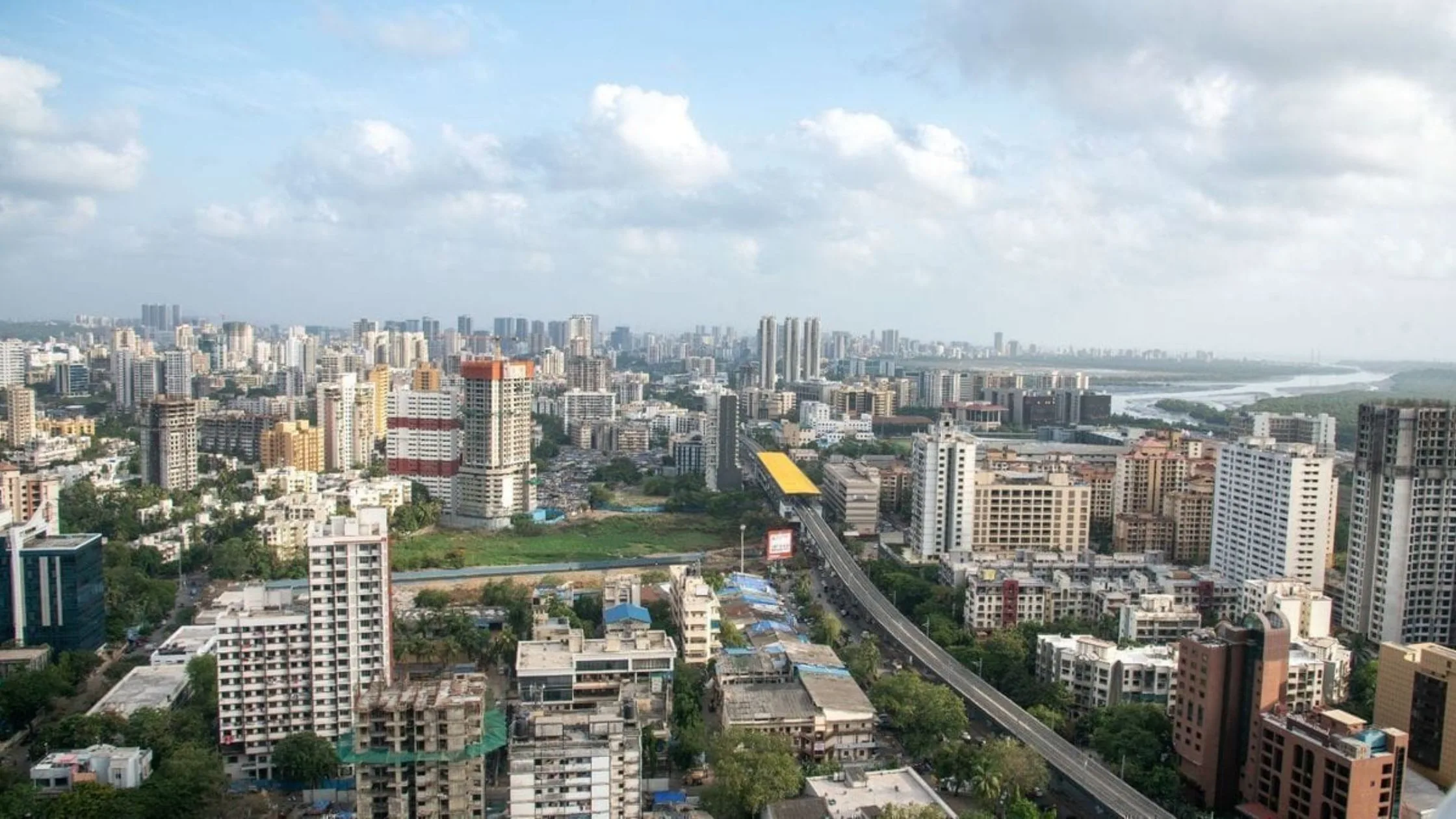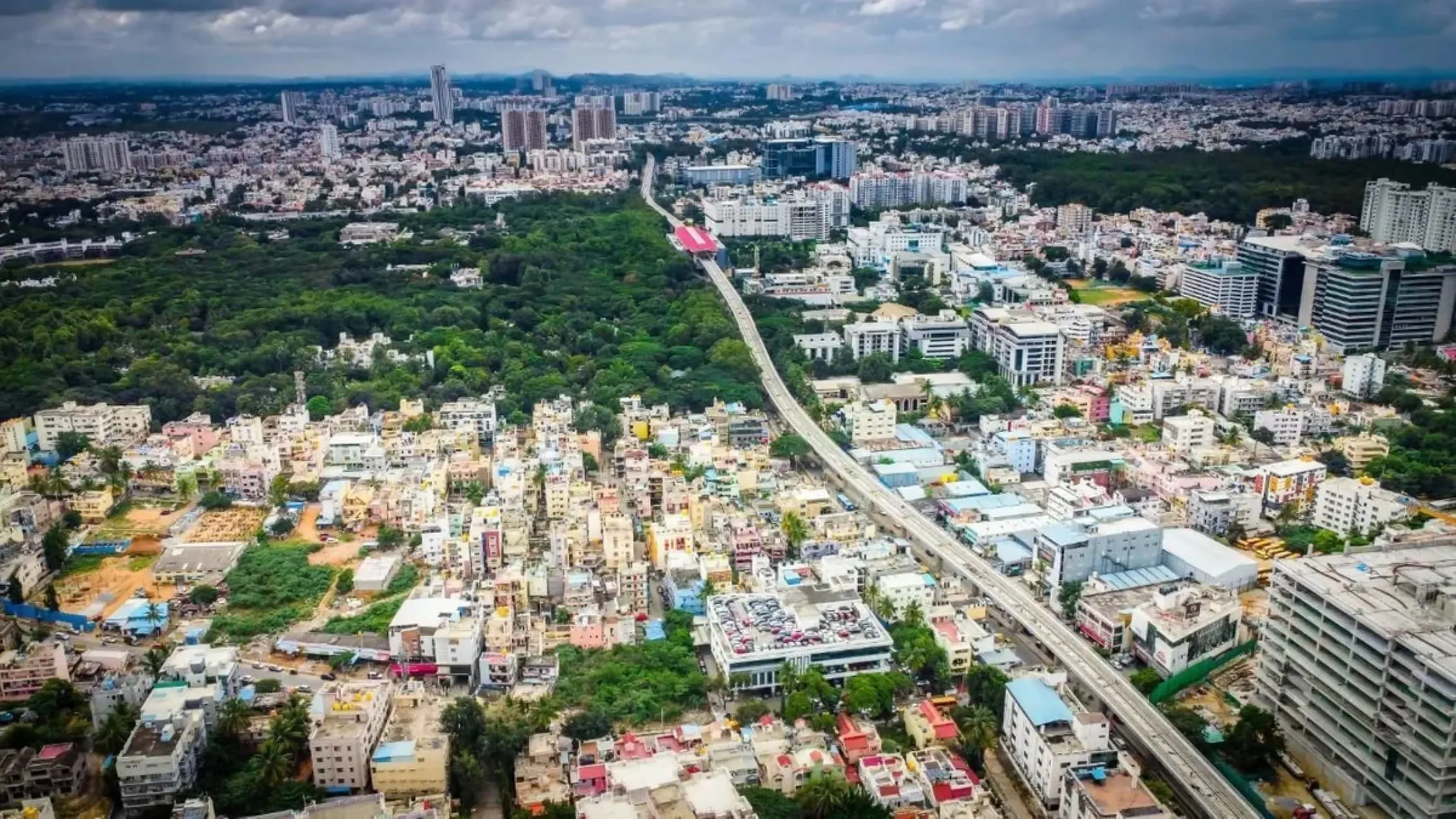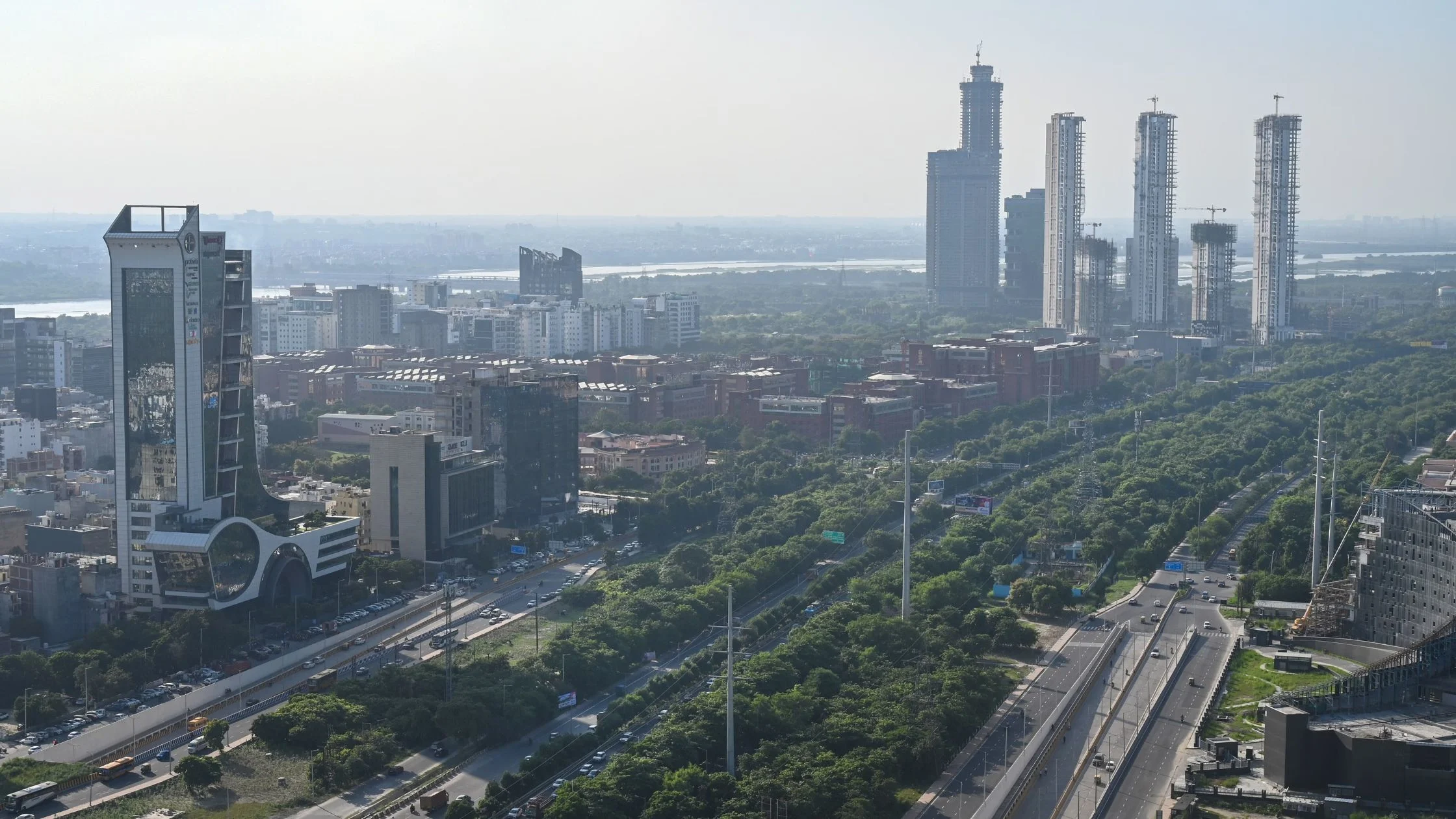Table of Content
▲Property registration in India is a crucial legal requirement for any property transaction exceeding Rs 100 in value. This mandatory registration is governed by Section 17 of the Registration Act of 1908 and is applicable whenever there is a sale or purchase of immovable property. Failure to register the property in the buyer's name with the government authorities can result in them not being recognized as the official property owner. Consequently, this can impede their ability to seek legal recourse in case of property disputes. While finding the right property has become more accessible in today's digital age, the property registration process remains intricate and multifaceted. To simplify this process for you, we have prepared a comprehensive guide covering property registration laws, procedures, fees, required documents, and more. This guide aims to provide you with all the necessary information to navigate the property registration process with ease.
Is Property Registration Mandatory?
Property registration in India is a mandatory legal requirement, as governed by Section 17 of the Registration Act. However, it's important to note that this mandatory registration applies primarily to properties with a value exceeding Rs 100. In cases where the property's value is less than Rs 100, registration is not compulsory. The property registration process involves officially transferring ownership to the new owner's name upon the payment of both stamp duty and registration fees. It's crucial to be aware that the specific rates for stamp duty and registration charges can vary slightly from state to state in India. Therefore, it's advisable to acquaint yourself with the prevailing rates and regulations in your specific state to ensure a smooth and legally compliant property transaction.
Laws Applicable on Property Registration
Following laws are applicable on property registration in India:-
-
Registration Act, 1908: Under section 17 of Registration Act, 1908 it is suggested that sale of all the immovable property worth above Rs 100 should be registered.
-
Indian Stamp Act, 1889: It is mandatory to pay stamp duty on property documents which are to be registered.
Things to check before Property Registration
The registration of real estate in India is a complicated process with potential long-term effects. As a result, you must exercise caution when registering. The following are some things to keep in mind when registering a property:-
-
Chain of documents – The buyer must cross-check the documents related to when and how the property is transferred from one owner to another.
-
Due clearance – Before buying the property, check for the electricity bill, water bill, taxes, etc. should be cleared and updated.
-
Calculation of stamp duty – based on the property's market value, stamp duty is calculated, and it varies from one state to another.
-
Deed preparation – The terms and conditions, buyer and seller details, etc., must be drafted in a deed. It can be a sale deed, gift deed, lease deed, etc.
-
Encumbrance – Encumbrance certificate ensures that the property is free from legal disputes and mortgages. The buyer must check this before buying the property.
NGDRS: National Generic Document Registration System for Property Registration
The National Generic Document Registration System (NGDRS) is a project initiated by the Department of Land Resources, Ministry of Rural Development, Government of India, with a primary focus on Property Registration. NGDRS is a generic, configurable, and common application developed for property registration departments across the country. The NGDRS application is specifically designed for the use of sub-registrar offices, citizens, and other users from registration departments of the states. NGDRS enables states to create state-specific NGDRS and configure the software as per the state-specific requirements related to Property Registration. NGDRS offers a complete user interface for property and document registration. In addition to this, the NGDRS application enables citizens to proceed with land buying and property registration online, simplifying the Property Registration process. Citizens can utilize NGDRS to find out the circle rate for land, calculate property valuation as per prevailing rates, and understand the type of land available for sale, making Property Registration more accessible and convenient for them.Documents required for Property Registration
One of the most crucial phases of land/property registration is document submission. Document submission is used to keep track of document execution. Within four months of the date of execution, you must register the documents. You can submit an application to a sub-registrar with a justification for the delay even though the limit has been reached. Even if a sub-registrar accepts, you will still be responsible for the fine. Document registration may take up to 7 days; it typically takes 1-2 days in metro regions and up to 7 days in rural areas. You must have the following documentation available at all times to prevent delays:
- Passport size photographs of buyer and seller
- Identity proof of both the parties- Aadhar card, Pan Card
- Latest property registers card copy
- Power of attorney
- Property Registers card copy
- A copy of the municipal tax bill
- NOC (No Objection Certificate)
- Verified Sale deed copy
- Construction completion certificate
- Payment receipt of Stamp duty and registration fee
Land registration process
For property registration in your state, you will have to follow the given instructions:-
- Based on the circle rate in that area, estimate the property value.
- After calculating the property value, you must purchase a non-judicial stamp paper. The stamp paper can be obtained online or purchased from a licensed stamp vendor.
- Based on the nature of the transaction, a deed must be typed on the stamp paper. This deed can be a sale deed, gift deed, etc.
- To get the deed registered, both the seller and buyer should approach the sub-registrar office, along with two witnesses. The buyer and seller should carry photographs, identity proof, and other necessary documents.
- You must pay the registration fee before the property registration
- The submitted documents are verified, and a receipt will be issued after the deed is registered. To collect the sale deed, visit the registrar's office after two to seven days.
Online Property Registration
You can now register real estate online thanks to advances in technology. However, just a few governments offer such a service. On a website, you can compute the stamp duty, pay the stamp duty and registration charge, and get a payment receipt. Use Net Banking, a debit card, a credit card, or a payment bank to make your payment.
Guidelines for Online Property Registration
As we discussed above, In India, few states are permitted to offer online property registration services. If your state is offering such a service, then you must keep these guidelines in mind:-
-
You must check if the state (where the property is located) has an online property registration portal
-
You can avail only the following services on an online portal:
-Check stamp duty rates.
-Pay the stamp duty and registration fee.
-Receive payment receipt online
-
Visit the sub-registrar's office to complete the registration process with your payment receipt.
-
Pay the TDS of 1 % on property value online if the property value exceeds Rs 50 lakh.
-
While doing an online registration process, provide information- name, address, type of property, ownership status, description of the property, and proof of property.
Types of Valuations For Property Registration
When you register a property there is a registration fee levied on the property. Here we will discuss the different valuations for property registration:
-
One of the most common ways for property registration is by paying the registration fees on the market value of the property. A market value is the value that a property buyer has paid to buy the property.
-
In case the market value of the property is more than the property’s circle rate, in that case, you can simply register the property on the market value.
-
If the property’s market value is lower than the circle rate, the property buyer is still allowed to register that property at the market value. However, in that case, the difference between the market value rate and the circle rate will be considered to be an income and it will be taxable.
-
Another valuation for property registration is the bank valuation of the property which can also be used to register a property. However, the banks often suggest that borrowers register their property at full property value or a higher value.
-
You can also register a property at the value of the property mentioned in the construction agreement with the property developer. This will help you in cutting down the final stamp duty charges.
Factors affecting Property Registration Charges
The property registration fee is decided by considering various factors like:-
-
Property type – The registration fee is different for commercial and residential property. A higher price is charged for commercial property as it is built for business purposes and requires additional amenities.
-
Age of the property – The registration charges are high for a new property compared to an old property. In the case of an old property, time would depreciate the value from the time it was constructed.
-
Transfer type – Registration charges are less if the property is registered as a Gift Deed and if the title is transferred to a family member. The government charges a standard registration fee if the property is purchased from a non-family member.
-
Property location – Registration charges are high if your property is located close to the bus station, railway station, or airport; in developed towns and metro cities, the registration charges are high.
-
Owner's Gender – The government provides a discount if the property is registered under the woman's name.
-
Amenities – The registration charges are high for amenities such as the library, gym, swimming pool, clubhouse, etc.
Fees for Property Registration
Each state has a distinct registration cost for real estate. The registration price typically ranges from 1% to 3% of the value of the property, up to a maximum of Rs 30,000. States periodically change the fees as well.
|
City |
Land registration charges |
|
1% of market value of property, plus pasting charges of Rs 100 |
|
|
1% of property value and Rs 30,000 for property worth more than Rs 30 lakh |
|
|
1% of property value |
|
|
1% of market value |
New rules for property registration in India
A new set of rules for property registration came into effect from 2020; the same rules will be followed until new regulations come in. The new rules are as follows :-
-
Copies of all documents are available same day due to computerization
-
An unregistered property is not valid evidence in court and has no legal validity
-
A non-registered government acquired property cannot claim compensation under Income Tax 80C
Benefits of Property Registration
Once you have purchased your dream property, it is crucial to get the property registered. Here are the advantages of getting your property registered:-
- Land ownership-related disputes can be resolved quickly.
- If the property is registered, land ownership details can easily be fetched from the sub-registrar’s office.
- Encroachment by trespassers can be stopped, as the property owner is given an official plan of land, post-registration
- Any mistake done by the registrar during registration will be compensated by the government if the buyer has incurred losses.
- If the property is registered, the property seller will obtain a tax deduction benefit under section 80C.
- Property registration also helps in the mutation of property. The mutation is a transfer process of ownership from one person to another. This allows the government to collect tax from the right owner.






_1752219110.webp)


